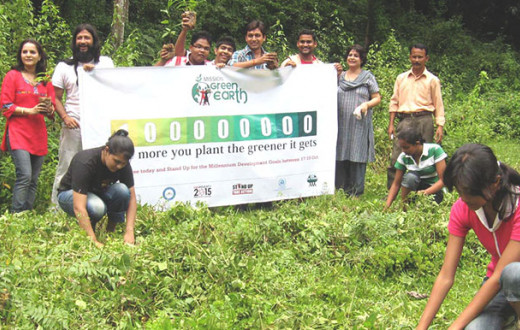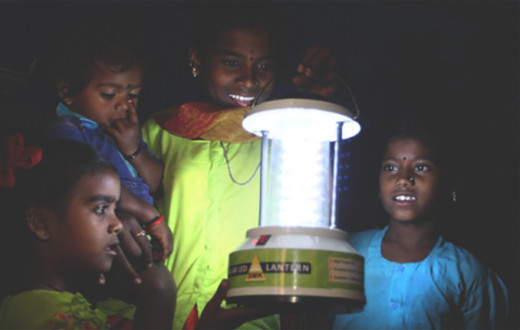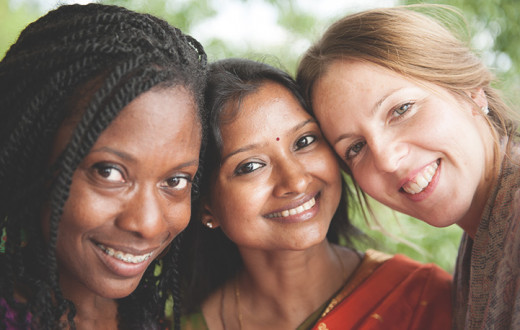Bihar, India
Bihar, a state in India with a rich heritage and abundant natural resources, has been reeling from caste wars, social divisions, and a disrupted educational system. Gurudev has met with members of Bihar's warring factions and held dialogue on the importance of non-violence. As a result of his initiatives and individual empowerment programs, about 700 rebels from rival groups have surrendered arms and pledged to spread the message of love and peace.
Vow of non-violence
In 2006, as a result of Gurudev's timely intervention, there was no retaliatory massacre in the aftermath of a spate of killings in Jehanabad. Instead, warring groups came together soon after the incident for a community gathering organized by The Art of Living in Ekwari, the nerve centre of Naxal violence in Bihar, which prevented further escalation of violence.
Gurudev's clarion call for peace during his visit to the Naxal-infested villages of Bihar in 2002 resulted in an unprecedented gathering of 100,000 youth from the warring groups of Ranvir Sena and Naxalite groups such as CPI-ML, People's War Group and others. Subsequent to their meeting with him, both sides publicly took a vow to spread the message of non-violence.
'Give non-violence a chance'
In 2001, Gurudev visited Masaudhi, a conflict-ridden region, and appealed to the audience of 50,000 people to give non-violence a chance. He also urged them to identify themselves with humanity rather than with a caste or religion. In Narhi, where no celebrations were held because of fear of violence, The Art of Living held a special event of music and meditation where warring rebels were brought together. The evening created such a shift in the rebel groups that they agreed to drop a legal suit that they had filed against each other.
Through dialogue and by uniting groups in community and in solidarity, Gurudev and The Art of Living are making inroads to peace between the warring factions of Bihar and other Naxalite areas of India.







